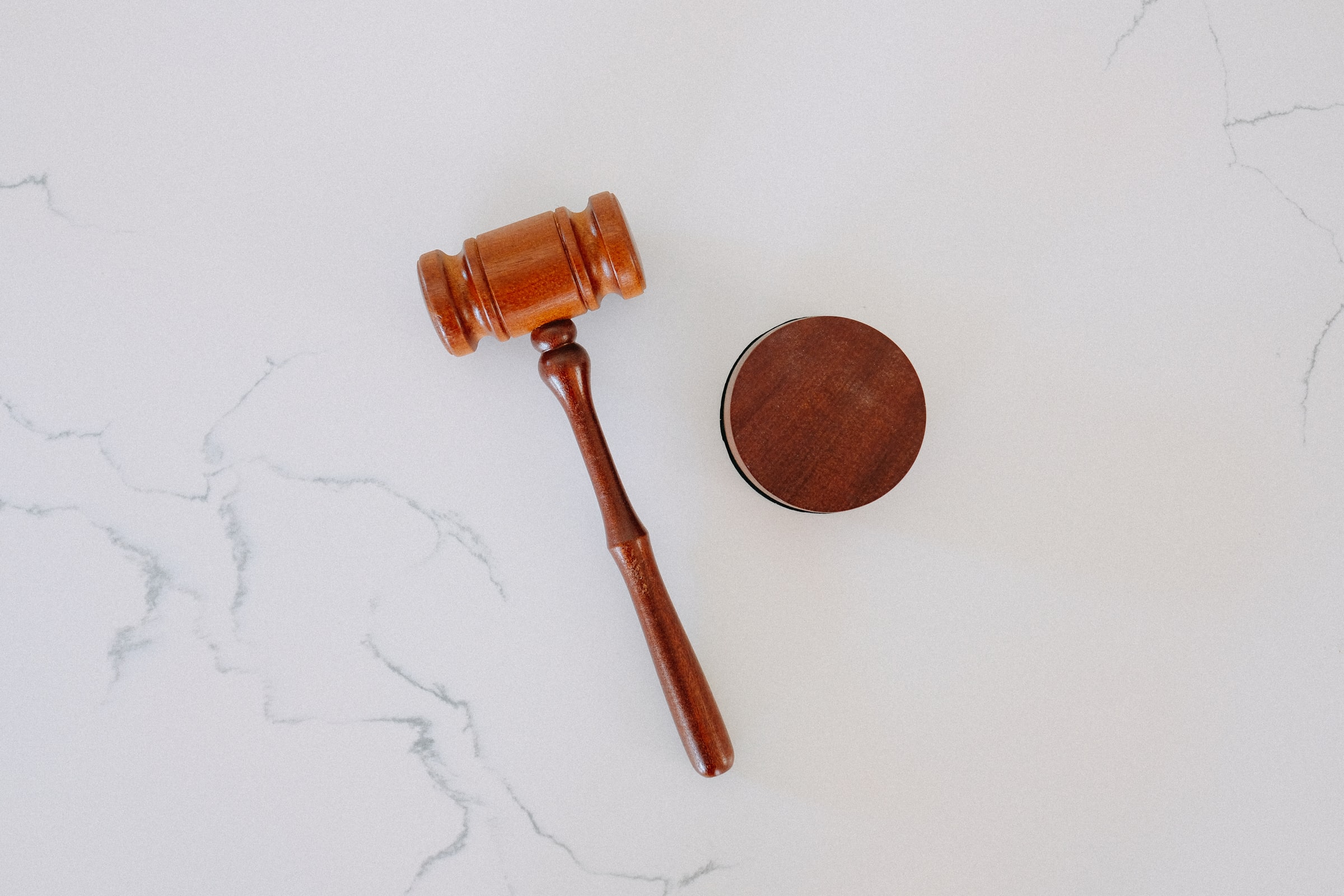Two years ago, we had earthquake swarms in the Reno/Sparks area. Some of them were strong enough to shake file boxes off of shelves and spread documents all over the garage floor. Along with the files were bottles containing all kinds of messy liquids. Now, mix all that together and you have my dilemma. Do I try and save all this or take a chance and destroy this mess? Although it was a tedious and messy job, I had to do it. The files were not only important…it is the law that I retain these records.
I looked at every piece of paper. Keep or destroy? Finally, it was complete. There was a learning experience for me while sitting in the middle of all of that. Electronic storage. I still keep hard copies of some documents along with my electronic storage for quick reference; but if they end up in a sticky mess on my garage floor…..out they go!
This guide for keeping records was sent to me by The First American Exchange Company with an invitation to share it. I hope you find it useful.
Tax Record Keeping – What and How Long?
How much interest was paid on the mortgage? Where are the receipts for our medical expenses? Taxpayers ask questions like these every year as the tax filing deadline approaches (April 17th this year).
In addition to making it easier to prepare your tax return, good record keeping will help you manage your §1031 exchange transactions. Proper records will help you support the items reported on your return, including the expenses incurred and how the basis was determined.
Record Storage – Whether you store records electronically or simply rely on your checkbook, keep your records in an orderly fashion and in a safe place. In Revenue Procedure 97-22 the IRS requires that an electronic storage system ensure an accurate and complete transfer of the hardcopy records to an electronic storage media that will index, store, preserve, retrieve, and reproduce the electronically stored records. Once you are in compliance with these procedures you may then destroy the original records.
What to Keep – In Publication 552, the IRS sets forth the basic records that everyone should keep for proof of income and expenses. For items concerning your income you should keep: Form(s) W-2, 1099, 2439 and K-1, as well as bank, brokerage and mutual fund statements. With regard to expenses, keep: sales slips; invoices; receipts; canceled checks or other proof of payment; and written communications from qualified charities. For your home, keep: closing statements; purchase and sale invoices; proofs of payment; insurance records; and receipts for improvement costs.
How Long? – Once you determine what records to keep, the next question is: How long should you keep them? In general, you must keep the records until the statutory limitations period runs out for that return. The period of limitations is the time during which you can amend your return to claim a credit or refund or the IRS can assess additional tax. In most cases the limitation period is three years. There is no limit in the event you file a fraudulent return.
§1031 Exchanges – When you defer taxes through a §1031 exchange your basis in the property you receive is the same as the basis of the property you gave up, subject to some adjustments. You must keep the records on both the old and the new property until the period of limitations expires for the year in which you dispose of the new property in a taxable disposition.
Non-Tax Purposes – Think twice before disposing of your records. Even though you may not need them for tax purposes, you may need them for other reasons, such as insurance or medical care.
